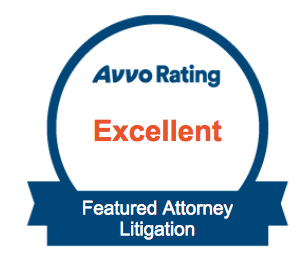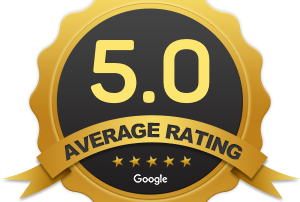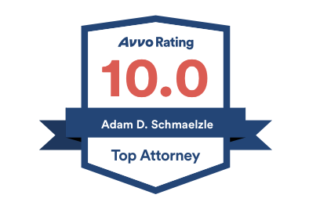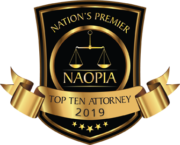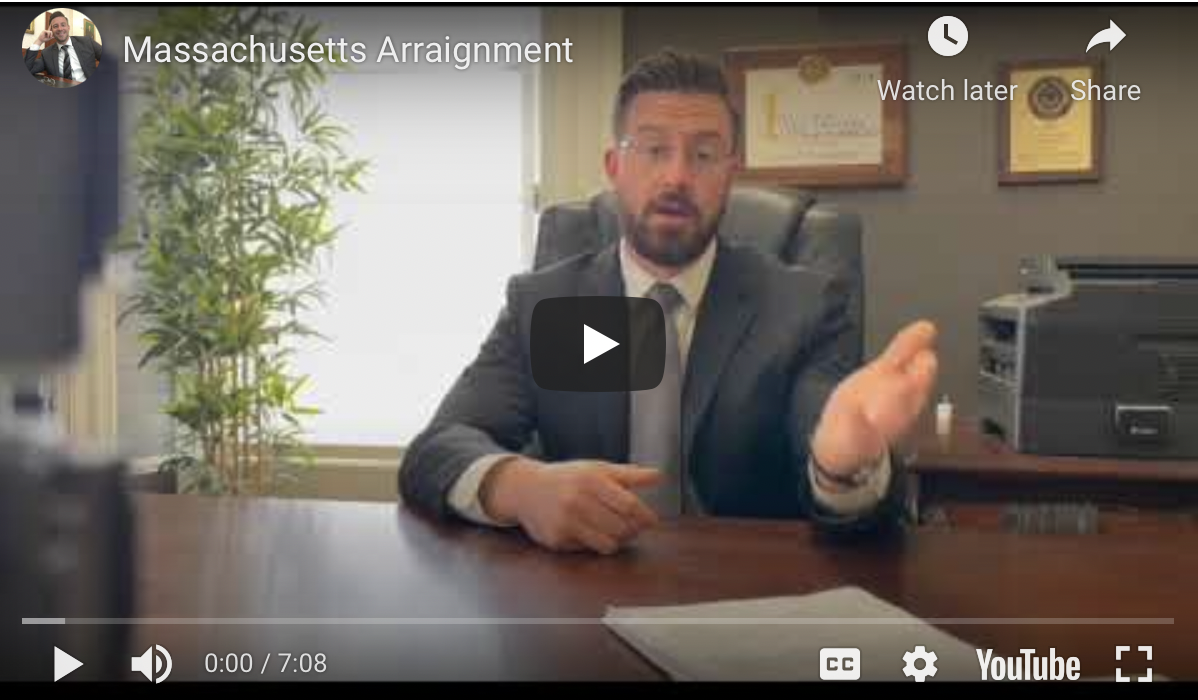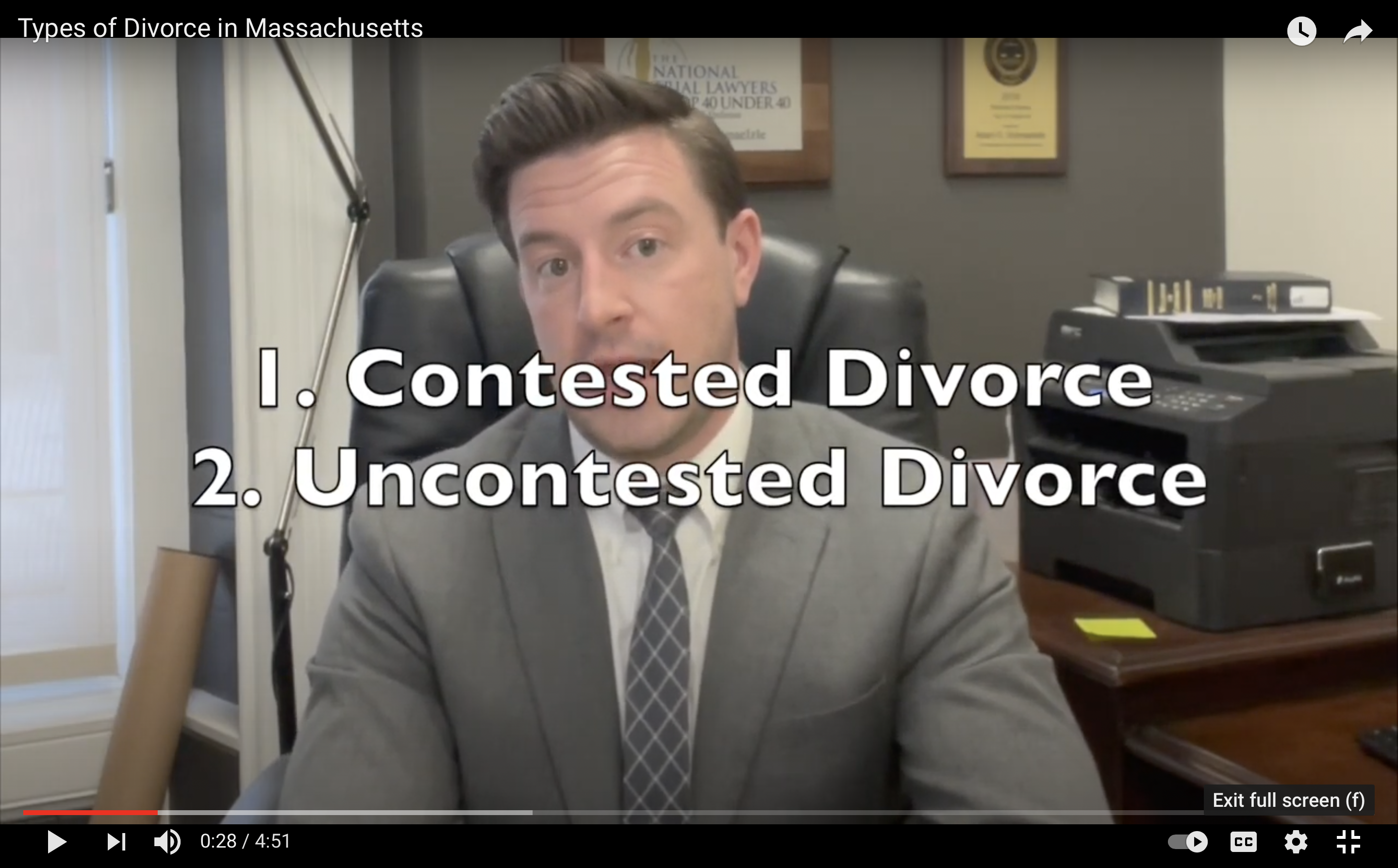LITIGATION ATTORNEY
Practicing in the areas of Criminal Defense, Personal Injury, Divorce & Custody and Business Litigation in both Massachusetts and New Hampshire, Attorney Adam D. Schmaelzle provides a full range of effective legal services to help you with all of the serious and pressing challenges affecting your life and family, your business, your freedom and your future.

As Featured in…
WHAT WE DO
Located in Worcester Massachusetts, The Law Office of Adam D. Schmaelzle provides legal services as: Criminal Defense Attorney (OUI/DUI, Assault and Battery, Larceny). Personal Injury Attorney (Car Accidents, Motorcycle Accidents, Slip and Fall). Divorce and Custody Attorney. Business Litigation.
“Attorney Adam Schmaelzle is consistent, thorough, and to the point from day one to case closure. He knows how to keep you on track and will keep you updated frequently. In addition, with my child having special needs, Attorney Schmaelzle targeted each one of my more specific concerns and we received a judgement in the absolute best interest of the child. I cannot suggest Attorney Schmaelzle enough not only because of his superior ability in Family Court, but also, the work he has put in when a child with special needs is involved..”
“I was a client of Attorney Schmaelzle, I had a very positive experience working with him. He was easy to talk to and very passionate in his work. He has good energy and was available to speak with anytime. He really cares about his clients and wants the best outcome. I would definitely recommend him to anyone!!”
“I am a medical practitioner in New England…I will not do business with anyone else but Adam…. Adam increases your outcomes by a big margin!”
“Adam did an absolutely amazing job representing me with my case. Very responsive and made sure our schedules aligned.Great Communication at every turn. Hope I don’t need him again but won’t hesitate to call him if I do. Highly recommend.”
“I don’t think I can put into words how grateful I am to have been recommended to see Adam for my family court case…I will just say that I didn’t start the fight but Adam sure helped me shut it down and end it. If you need to walk into a court room, this is the man you want walking in beside you.”
“I HIGHLY RECOMMEND ADAM!!!!!!! I can’t say enough how grateful I am to have had him. 10 months straight he fought and I can’t lie I was stressed out but he got it done. He does not discriminate, he’s very equal and fair. very SATISFIED!!!
“I feel lucky to had him as my attorney, and I highly recommend him to represent anyone who needs legal aid.”
“I highly recommend Adam Schmaelzle as a defense attorney. Always kept in touch no matter the situation and goes 100% in any case.”
“I met Adam in July 2018. Adam represented my son on a serious charge which he got dismissed. Adam is a brilliant young man, who is highly respected by everyone in the court system. If would definitely recommend hiring Adam.”


